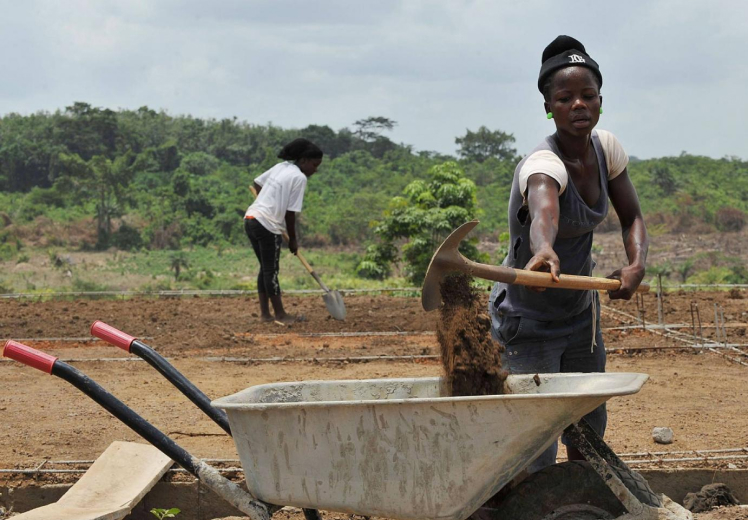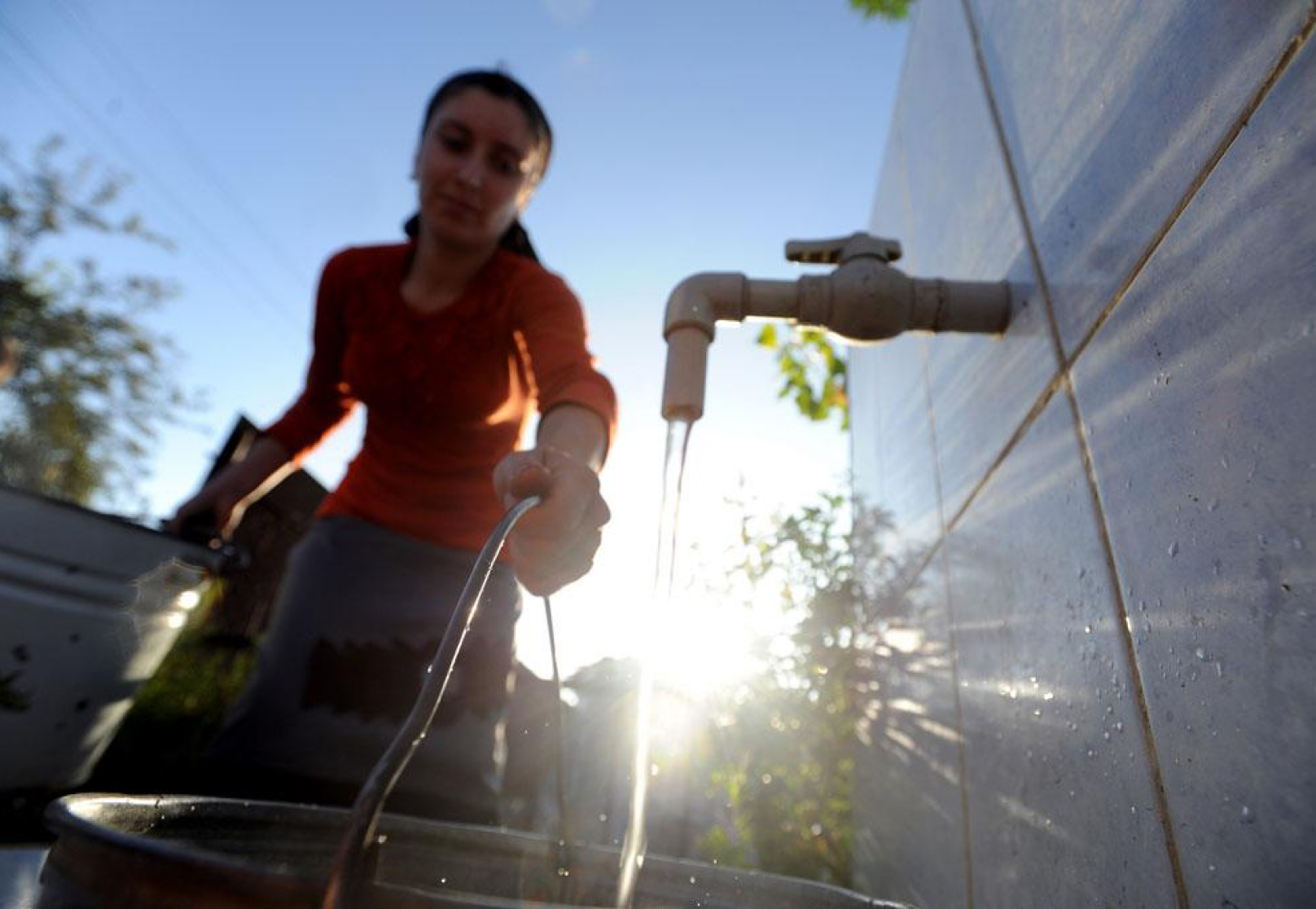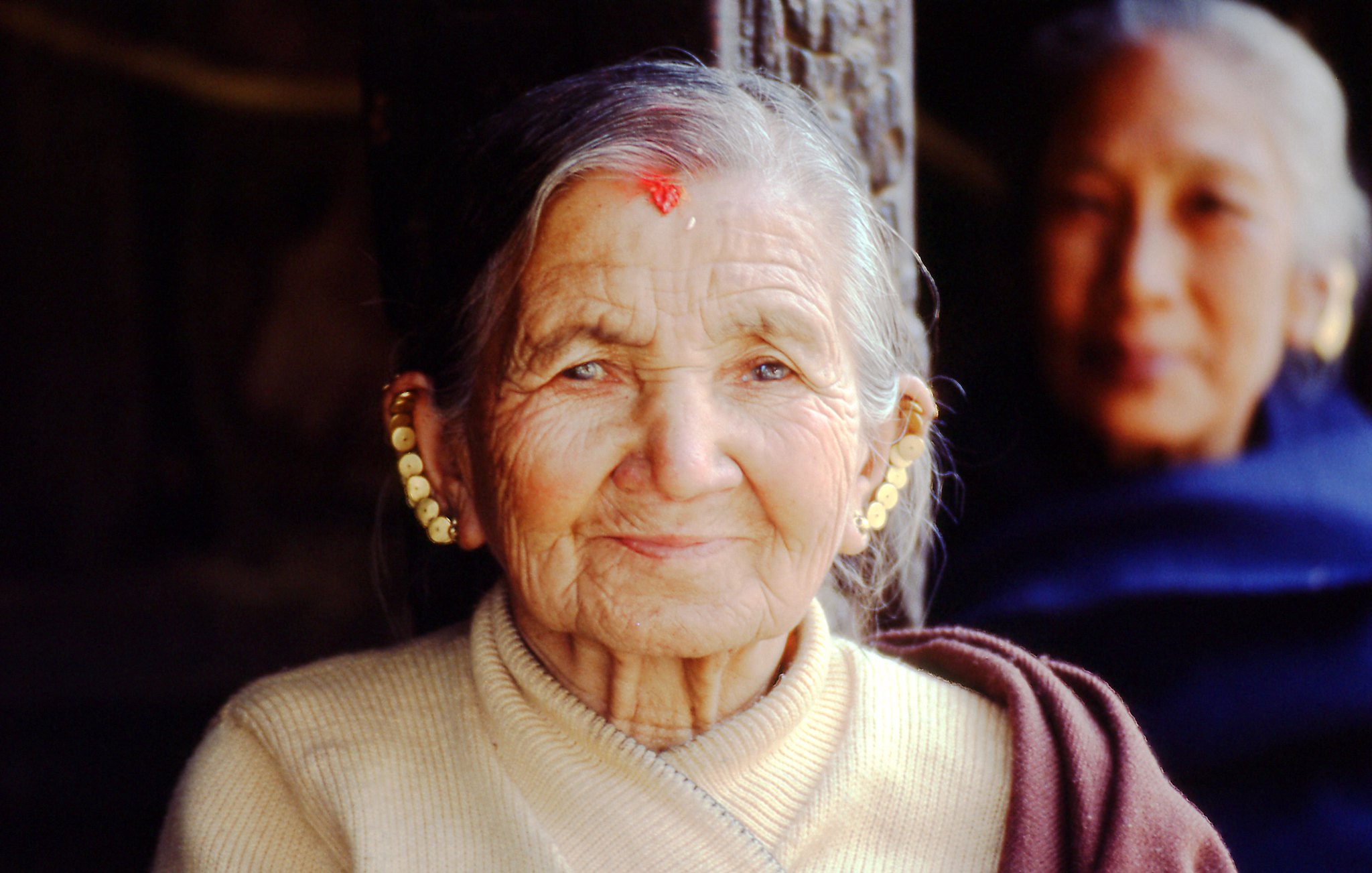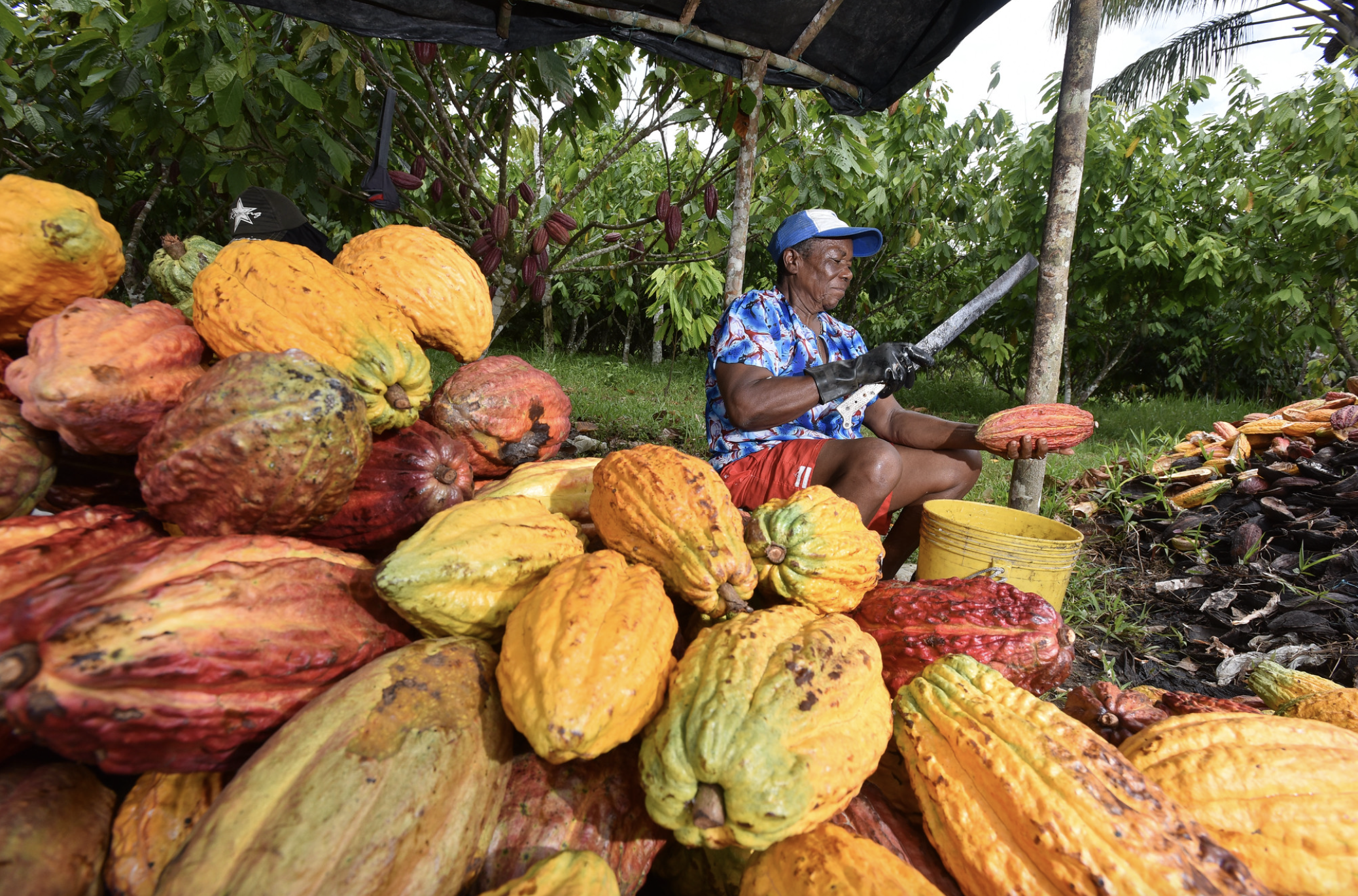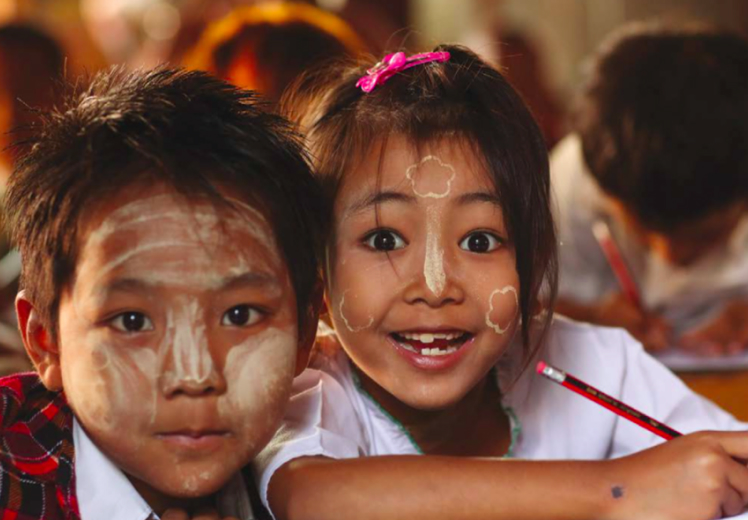The States Parties to the present Covenant recognize the right of everyone: (a) To take part in cultural life; (b) To enjoy the benefits of scientific progress and its applications; (c) To benefit from the protection of the moral and material interests resulting from any scientific, literary or artistic production of which [she or he] is the author. Article 15 of the International Covenant on Economic, Social, and Cultural Rights
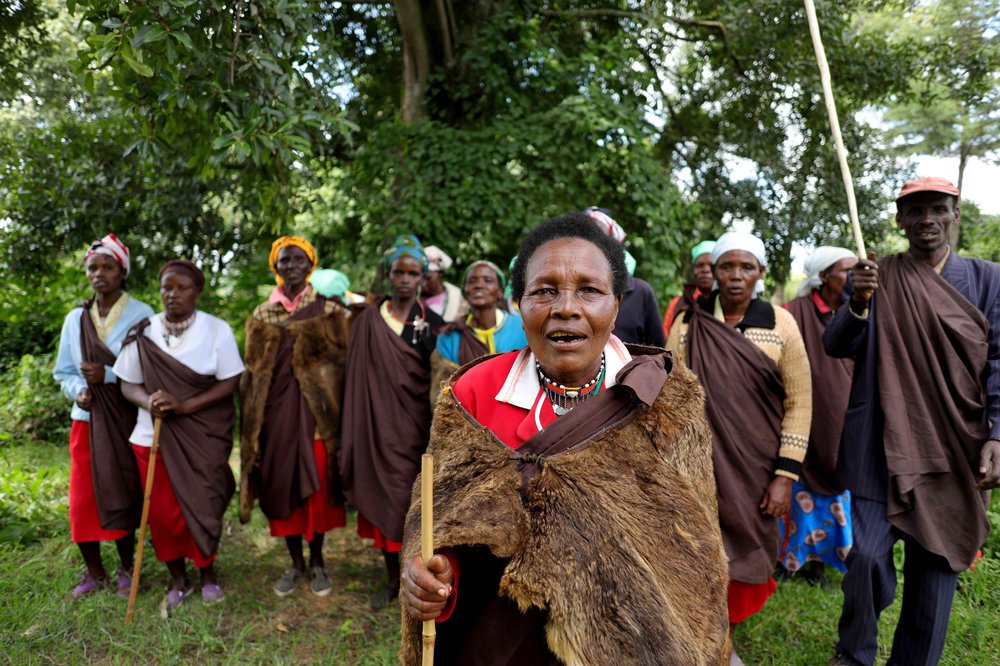
Everyone has cultural rights, a right to science, and a right to protection of authorship interests. These guarantee the right to participate in and enjoy the benefits of culture and science, and relate to the pursuit of knowledge, understanding and human creativity. These rights are an important part of social harmony and are closely connected to the rights to education and freedom of thought, conscience and religion. Cultural rights cannot, however, be used as a justification for practices that discriminate against specific groups or violate other human rights.
The UNESCO Declaration on Cultural Diversity affirmed that culture should be regarded as: “the set of distinctive spiritual, material, intellectual and emotional features of society or a social group, and that it encompasses, in addition to art and literature, lifestyles, ways of living together, value systems, traditions and beliefs.” The right to participate in cultural life has both individual and collective elements; they may be exercised as an individual, in association with others, and within a community or group. States should pay particular attention to the cultural rights of minority and indigenous groups, among others, and provide opportunities for them to both preserve their culture and shape cultural and social development, including in connection to language and land and natural resources.
In its General Comment 21, the UN Committee on Economic, Social and Cultural Rights (CESCR) provided detailed guidance to States regarding their obligations to respect, protect and fulfil the right to participate in cultural life. The Committee also noted that the right includes the following five interrelated and essential features:
- Availability. Cultural goods and services must be available for everyone to enjoy and benefit from, including institutions and events (such as libraries, museums, theatres, cinemas and sports stadiums), shared open spaces, and intangible cultural goods (such as languages, customs, beliefs and history).
- Accessibility. Access to culture involves four key elements: non-discrimination, physical accessibility, economic accessibility, and information accessibility. States must ensure that everyone has concrete, effective and affordable opportunities to enjoy culture without discrimination. Such access must extend to rural and urban areas, with a focus on persons with disabilities, older persons, and persons in poverty. States must ensure that every person has the right to seek, receive and impart information on culture in the language of their choice.
- Acceptability: In relation to measures to realise cultural rights, States should hold consultations with individuals and communities involved to ensure that action to protect cultural diversity are acceptable to them.
- Adaptability: States should adopt a flexible approach to cultural rights and respect the cultural diversity of individuals and communities.
- Appropriateness: The realisation of cultural rights should be suitable in the relevant context, with particular attention by States to cultural values connected with, among other things, food and food consumption, water use, the provision of health and education services, and housing design and construction.
The Right to Science
The right to enjoy the benefits of scientific progress and its applications encompasses not only scientific results and outcomes, but also the scientific process, its methodologies and tools. Science can be understood as the theoretical and practical research and examination in all fields of inquiry, including social sciences.
The Right to Protection of Authors’ Moral and Material Interests
Where a person produces any scientific, literary or artistic work, she or he has the right to benefit from the protection of the resulting moral and material interests. It should be noted that this protection is often found in intellectual property rather than human rights instruments; as a human right, it is closely connected with the inherent dignity of human creativity and cannot be revoked, licensed or assigned to someone else.
In its General Comment 17, CESCR provided detailed guidance to States regarding their obligations to respect, protect and fulfil the right to protection of moral and material interests connected with authorship. The Committee also noted that the right includes the following three interrelated and essential features:
- Availability: States must enact adequate legislation and regulations, and corresponding remedies, to protect authors’ interests.
- Accessibility: Access to remedies for the protection of authors’ interests involves three key elements: physical accessibility, economic accessibility, and information accessibility in relation to such remedial framework.
- Quality of protection: States must ensure that procedures for the protection of authors’ interests are administered competently and expeditiously by the relevant authority.
